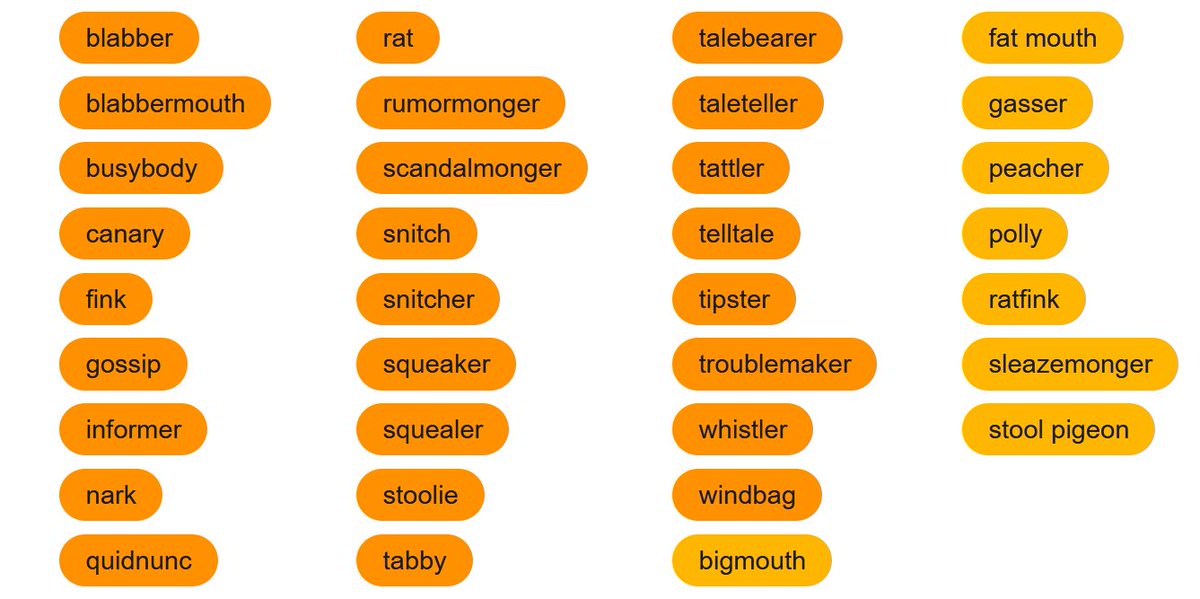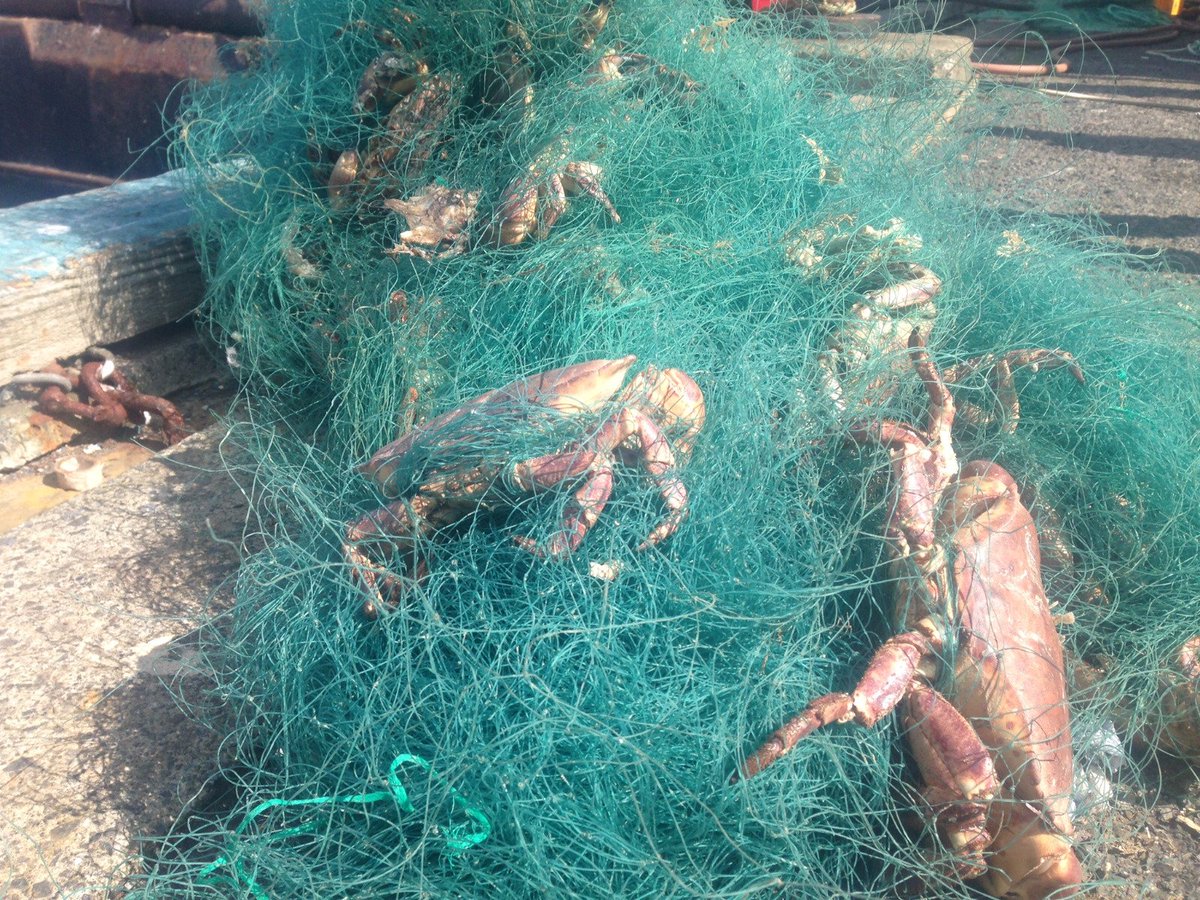
It's worth noting that the only pathologies both-sided by the curriculum are those that favour the powerful.
Biology students aren't taught that there are both positives and negatives to diphtheria ...
Biology students aren't taught that there are both positives and negatives to diphtheria ...
https://twitter.com/formulaAMELIA/status/1488608596292157440
It's like the BBC's teaching materials, that provided an equal list of the positives and negatives of climate breakdown. theguardian.com/commentisfree/…
It's as if young people's sense of justice, concern for others and for the living planet has to be pushed back into its box. It's as if growing up must involve abandoning your conscience and accepting the lies that power tells.
Looking over this again, it's not even both-sidesing the issue. It's a list of gross distortions, across the board. Published to meet specifications from the qualifications body @AQA.
• • •
Missing some Tweet in this thread? You can try to
force a refresh






